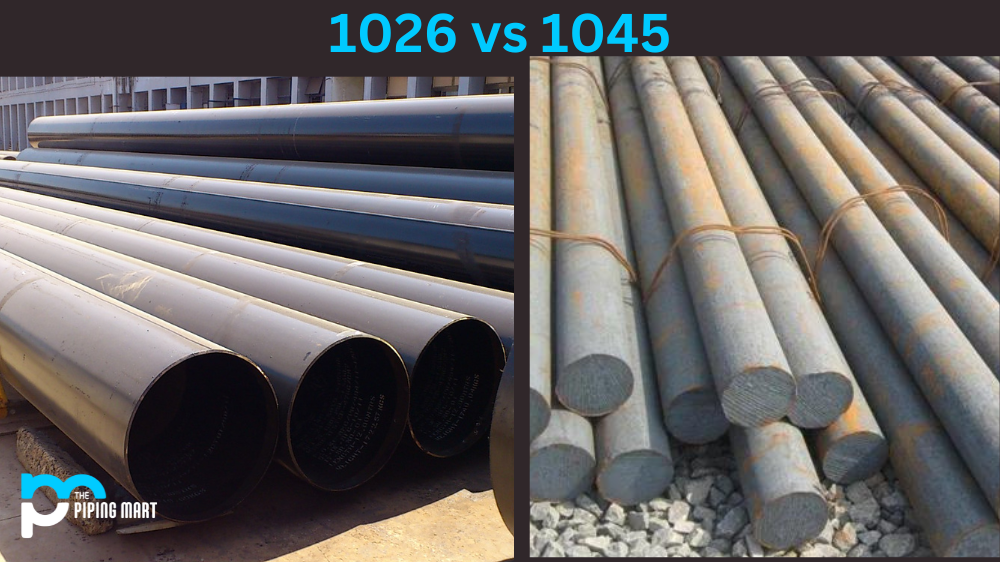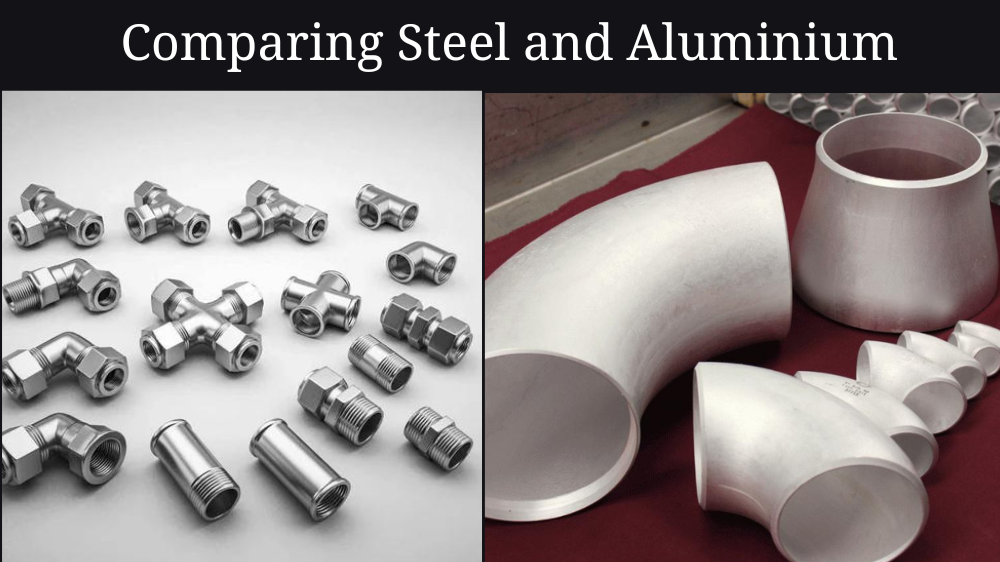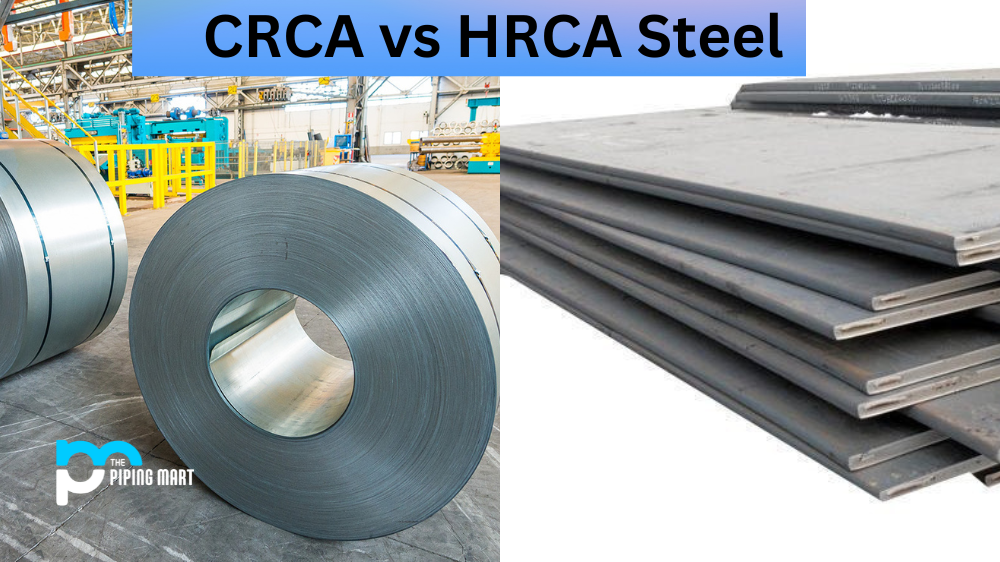Between steel and brass, deciding which material is the best for your project can take effort. Each has its advantages, such as durability and strength. However, you also need to consider the price of each material before committing to one or the other. In this blog post, we’ll discuss what you should know about brass and steel prices so you can make an informed decision.
Price of Steel
The price of steel fluctuates based on market conditions. This means that the cost of steel can vary from time to time. Generally speaking, though, steel tends to be more expensive than brass. This is because steel is a stronger and more durable material than brass. It’s also harder and heavier than brass, which adds to its cost. Additionally, steel must be treated to prevent corrosion or rusting, which further drives up the price of the material.
Price of Brass
Brass is generally cheaper than steel due to its lighter weight and lower strength levels than steel. Brass is softer than steel and easier to work with when machining or forming components; however, it isn’t as long-lasting as steel because it corrodes more quickly in certain conditions. This corrosion can cause discolouration if not properly maintained or sealed against moisture intrusion from outside sources like rainwater or humidity. Additionally, brass tends to tarnish faster than other metals; therefore, the cost associated with keeping brass looking “new” for a longer period of time needs to be taken into consideration when deciding whether or not it’s worth investing in this metal over others like stainless steel or aluminium alloys.
Conclusion:
When buying either brass or steel, several factors should be considered, such as strength level, durability and cost per item/material type. Steel tends to be more expensive but offers greater strength levels. In contrast, brass is usually cheaper but may require more maintenance over time due to tarnishing issues and potential corrosion if exposed to certain elements (i.e., water). Ultimately it depends on what your project requires in terms of strength level versus budget limitations – consider all these factors before making a final decision!
Sakshee is a talented blogger, with a particular focus on the Business and Metal Industry. She is passionate about sharing her insights on various metal products and helping professionals to make a better decisions.




